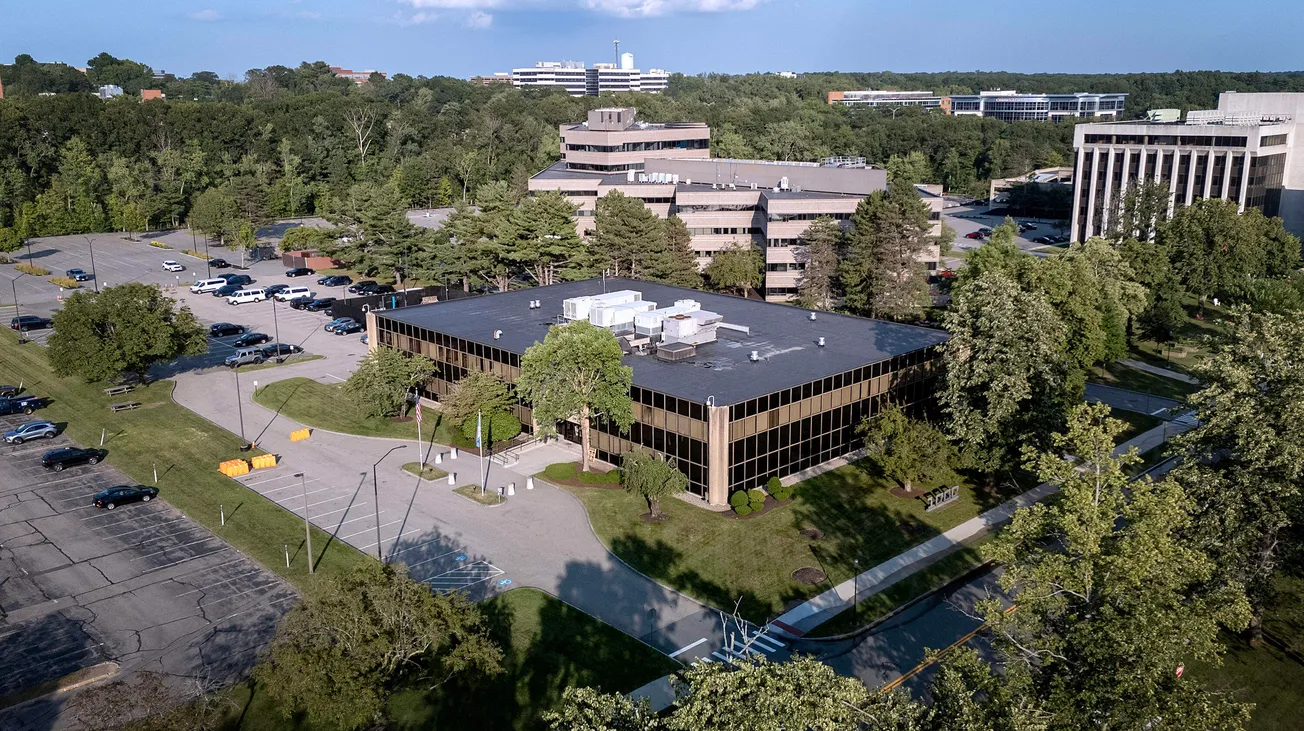Por unos días y hasta un nuevo aviso, el agua que sale del grifo debe ser hervida antes de ser utilizada. Las autoridades han declarado que por ahora, el agua de los grifos en Boston y otras ciudades aledañas no debe ser utilizada para consumir, hacer hielo, preparar o lavar comidas, y lavarse los dientes.
MassDEP Drinking Water Program
FAQ : Boil Water Order
Q. Are extra precautions necessary during a waterborne outbreak?
If the Massachusetts Department of Public health (DPH) working with the MassDEP determines that there is a waterborne disease outbreak, MassDEP and MassDPH will advise the PWS and consumers of any other precautions that are necessary.
Q. Who can be affected?
Anyone who ingests contaminated water may become ill. Infants, young children, the elderly, and people with severely compromised immune systems are more at risk of illness.
Q. Why must I boil my water?
A boil order has been issued to your water system because either recent testing has shown the presence of organisms that could cause illness (e.g. fecal or E. coli bacteria), or technical/physical problems in the water system have significantly increased the possibility of bacterial contamination.
Q. How can I make my water safe?
Boiling the water is the best way to ensure that it is free of illness-causing organisms. Bring water to a rolling boil for a minimum of two minutes. When it cools, refrigerate the water in clean containers. (A pinch of salt per quart may improve the rather flat taste of boiled water). If you do not want to boil your water, you can disinfect it by adding 1/8 teaspoon of bleach (common household bleach containing 5.25 percent sodium hypochlorite) per gallon of water. Do not use bleach containing perfume, dyes, or other additives.
Q. Is it necessary to boil all water in the home during an advisory or order?
During boil water advisories or boil water orders, you should boil all water used for drinking, preparing food, beverages, ice cubes, washing fruits and vegetables, or brushing teeth. Severely immuno-compromised individuals should always boil their tap water for the purposes noted above. Infant formulas should be prepared using boiled tap water, at all times. In the event that boiling is not practical, the PWS may recommend an alternative supply known to be safe (E.g. Bottled water) or may direct you to disinfect the water using household bleach. It is not necessary to boil tap water used for other household purposes, such as showering, laundry, bathing, or washing dishes. Adults, teens, and older children can wash, bathe, or shower; however, they should avoid swallowing the water. Toddlers and infants should be sponge bathed.
Q. How should tap water be boiled properly?
Water should be placed in a heat-resistant container or in an electric kettle without an automatic shut-off and brought to a rolling boil for 1 minute to kill all disease-causing organisms. Water can also be boiled in a microwave oven using a microwave-safe container, but it is advisable to include a glass rod or wooden or plastic stir stick in the container to prevent the formation of superheated water (water heated above its boiling point, without the formation of steam). The water should then be cooled and poured into a clean container or refrigerated until you are ready to use it.
At elevations over 6,500 feet (2,000 meters) water boils at a slightly lower temperature and
should therefore be boiled for at least two minutes to kill all disease-





